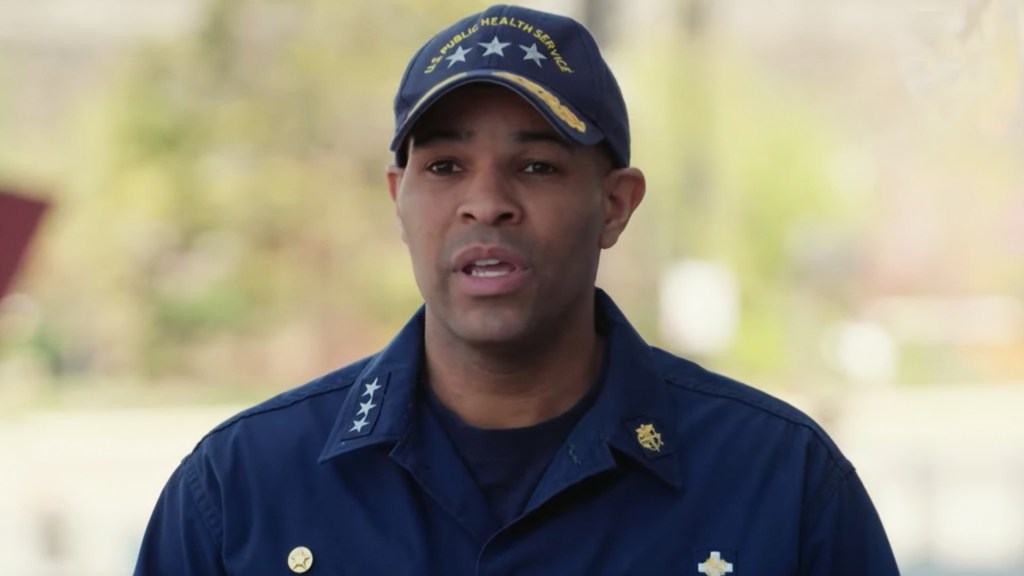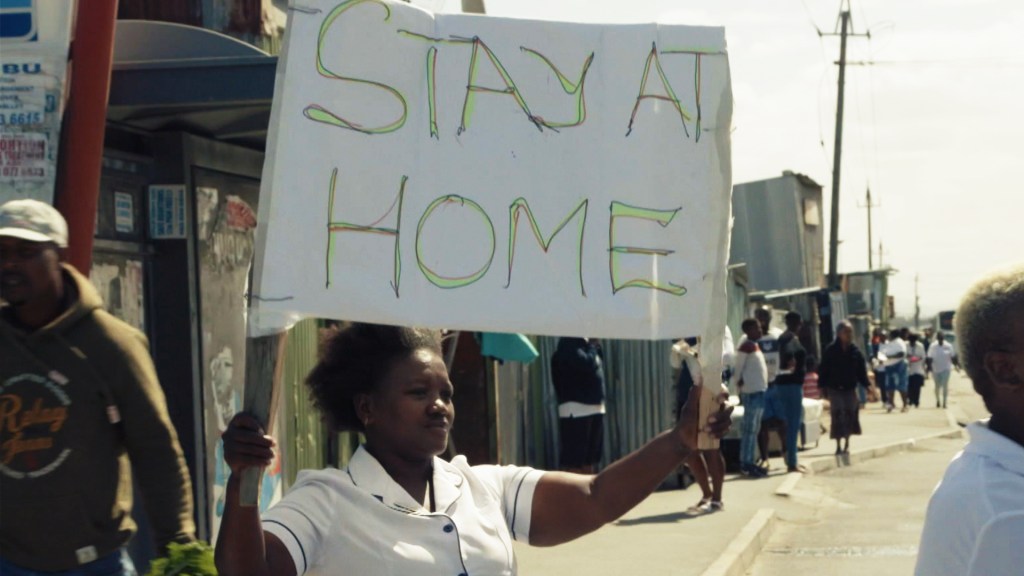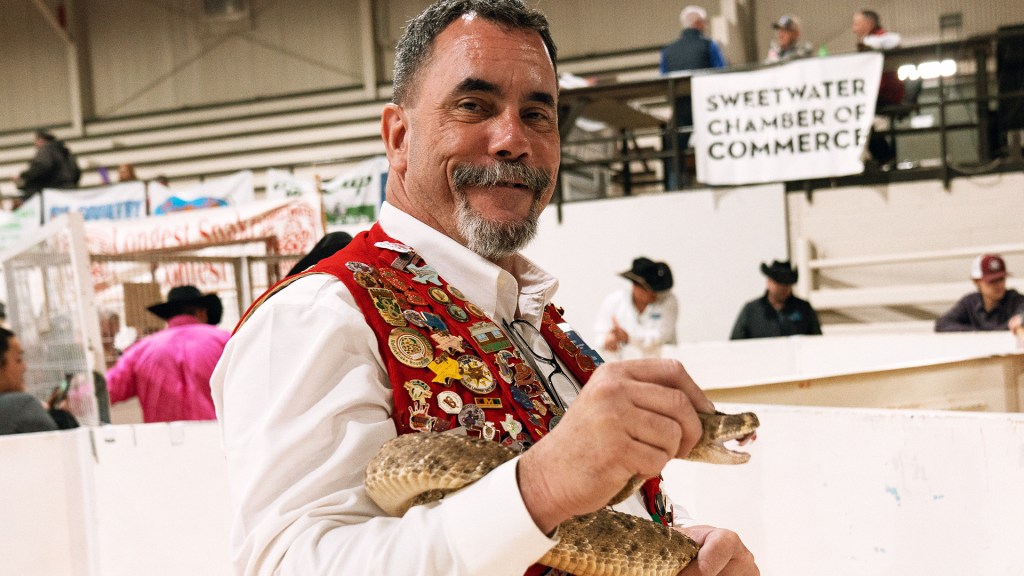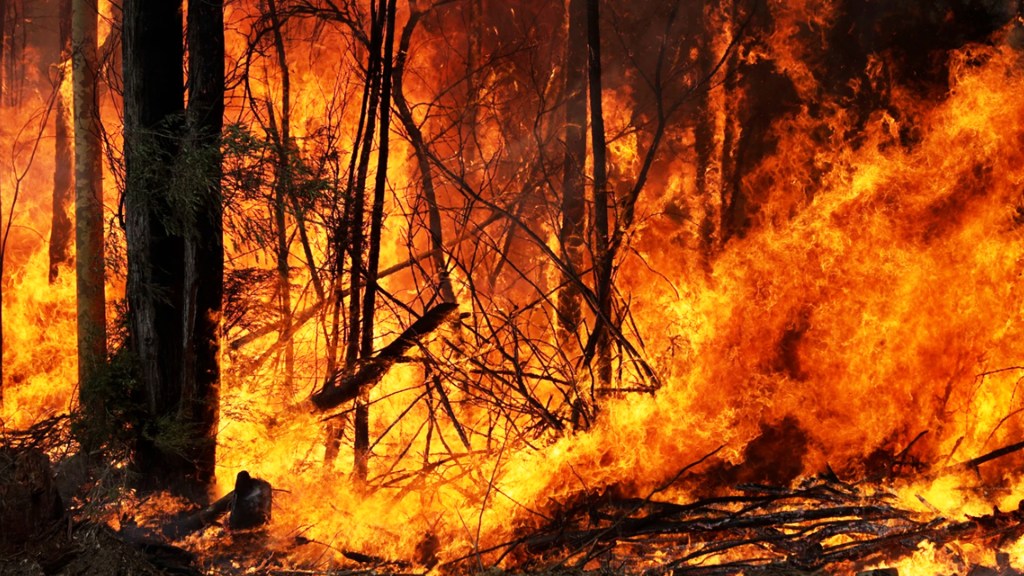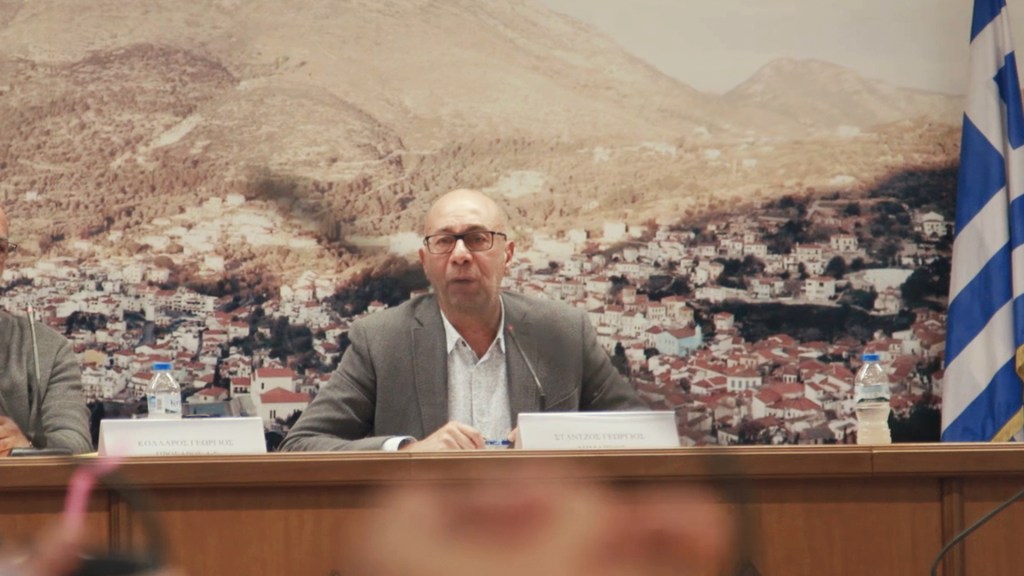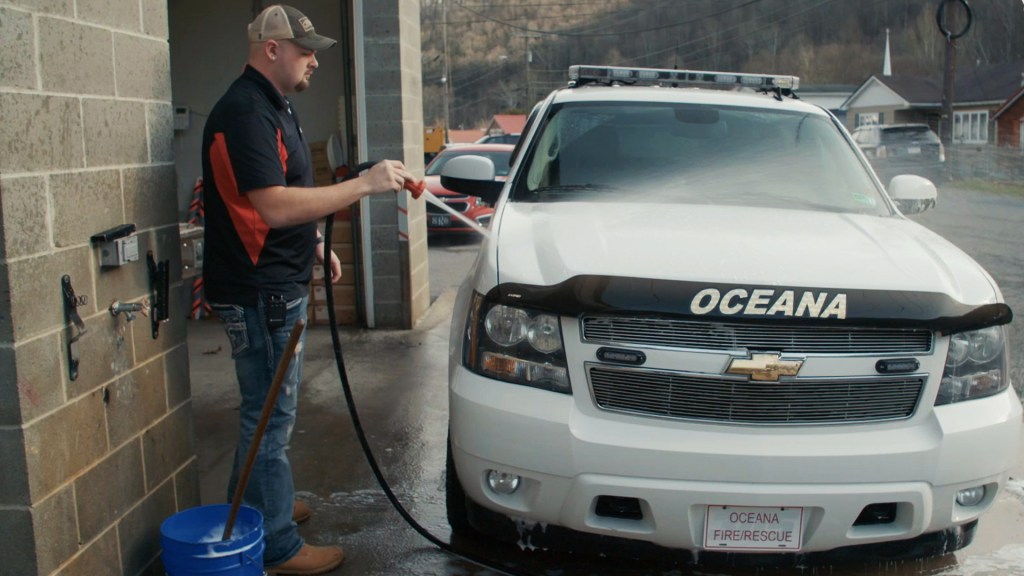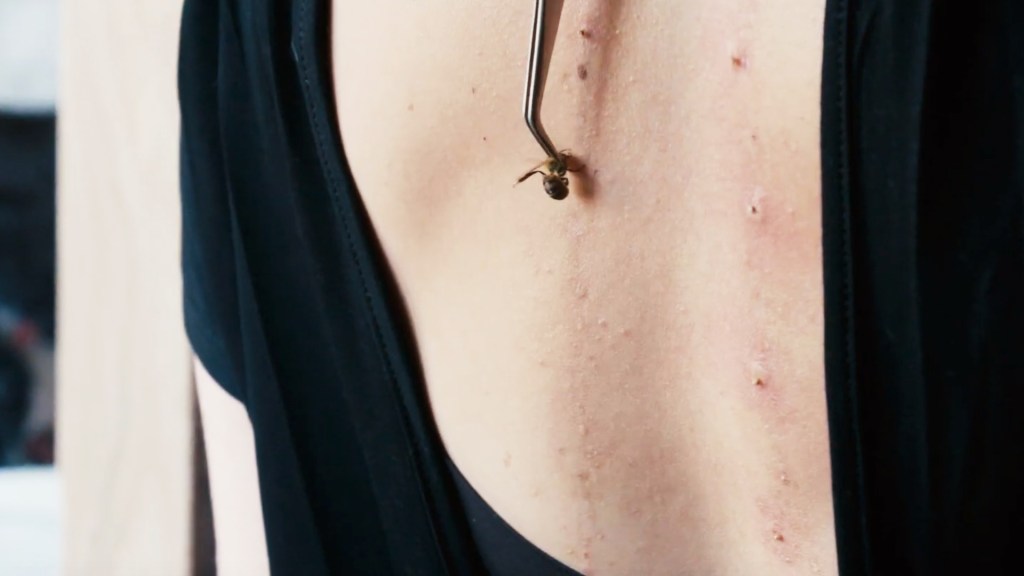Shows
Videos
-
The U.S. Does Not Have Coronavirus Under Control — Just Ask the Surgeon General
Surgeon General Jerome Adams told VICE News on Monday that the coronavirus pandemic is still not under control, but that he remains “very hopeful” that the collective actions of Americans are flattening the curve of the outbreak. “As far as under control, I would say no, and I won’t say we have it under control until we start to see death rates go down, hospitalizations go down and when cases start to go down,” he said outside of the Health and Human Services building in Washington, DC. The nation’s top doctor expressed concern that not everyone is taking Center for Disease Control guidelines seriously, reiterating again that people need to wash hands, stay six feet apart, and avoid nonessential travel.
-
South Africa’s Townships Are Worried About Soldiers, Not Coronavirus
When South African president Cyril Rhamaphosa announced a three week lockdown on 23 March, he acknowledged that his country is particularly vulnerable to COVID-19. The virus, he said, is “extremely dangerous for a population like ours, with a large number of people with suppressed immunity because of HIV and TB, and high levels of poverty and malnutrition.” About a quarter of South Africans live in townships – in cramped, unsanitary conditions, rife with health problems. HIV is more prevalent than in the rest of the population, and in some communities, rates of TB are as high as 80 percent.
-
Why Grief Will Help Us Survive Coronavirus
The world is now trying to make sense of a tragedy that makes no sense. A genome enveloped in protein has traveled across borders and oceans to tank economies, push millions out of work and school, and kill tens of thousands. When a loved one dies, we know to grieve. But it’s just as important to grieve a loss of normalcy, says Dr. Patrice A. Harris, a psychiatrist and the president of the American Medical Association. “Anxiety is something that’s talked a lot about, but I don’t think that grief is talked a lot.”
-
This Texas Town Had a Rattlesnake Roundup During a Pandemic
Normally, Sweetwater, Texas is a tiny town of just under 11,000. But every second weekend in March, tens of thousands of people gather for the “World’s Largest Rattlesnake Roundup” (the “World’s Largest” is part of the name), a multi-day festival where you can pet a live rattlesnake, participate in snake-catching contests, watch the Miss Snake Charmer pageant, or just mill about the souvenir booths with your friends. There’s just one problem. The entire nation is experiencing a pandemic—and it’s not just hitting large cities like San Francisco and New York. On Friday, the Governor of Texas declared a state of emergency.
-
Tear Gas and Bullets Didn’t Dissuade Protesters in Iraq
Iraq’s protesters have endured targeted attacks, abductions and killings. COVID-19 may force their movement off the streets.
-
What’s Really To Blame For Australia’s Bushfires
NEW SOUTH WALES, Australia — The worst fire season in living memory has devastated all corners of Australia. The most ferocious of these burned for more than four months, scorching 72,000 square miles of land and destroying more than 9,000 buildings — including 3,500 homes. Thirty-four people died, and millions of wild animals were caught in the flames. For two decades, scientists have said that because Australia’s climate is heating up, the fire season would grow longer and more severe — but for Australian citizens, pinning the blame on climate change isn’t straight-forward.
-
This Is How Religion Is Adapting To COVID-19
“It’s frankly not the government’s responsibility to provide spiritual leadership and care to people in this time,” Rev. Steve Paulikas told VICE News. “It’s our job. We’re figuring it out along with everyone else.”
-
See an Empty World Cleared by Coronavirus
The coronavirus pandemic is shutting down the very things we need in a time of crisis. Even funerals.
-
Greek Islanders Want the Refugee Crisis Over — and the Migrants Gone
Five years into Europe’s refugee crisis, the multi-billion Euro refugee deal with Turkey has broken down. Less than 2% of the refugees slated for resettlement in the rest of Europe have left Greece, as European nations refuse to implement the bloc’s continent-wide asylum policy. At the same time, almost no failed asylum claimants have been returned to Turkey, while the number of new arrivals have spiked, doubling in the past year. As a result, Greece has been left to cope with the crisis alone, with the bankrupt Southeast European nation transformed into the continent’s open-air prison camp. On the island of Samos, where 7000 migrants and refugees live in squalid conditions on the hillside overlooking a town of 7000 Greeks, locals are enraged. With the tourist economy devastated, islanders feel abandoned by both the Greek government in Athens and the European Union as a whole. The situation’s about to explode: and local islanders blame the mostly Northern European NGOs and journalists they accuse of exacerbating the migrant crisis, and ruining the image of their island overseas. VICE News travelled to Samos to meet the refugees, migrants and locals living in uncomfortable proximity as tensions mount, and local officials demand action from the capital. With tensions at boiling point, this once-idyllic island is the frontline of Greece and Europe’s migrant crisis.
-
America’s EMT Shortage Has Rural Communities Relying on Unpaid Volunteers
There’s a crisis unfolding in rural America. While big cities are getting bigger, small town USA is shrinking. If you live in one of these rural communities, chances are you’re poorer and sicker than your urban counterpart. Across the country, towns that have less people have even less first responders Oceana, West Virginia is one of those towns. It’s surrounded by logging jobs and coal mines that provide the main source of income for the roughly 1,300 people that live there.
-
This Is How Bee Stings Can Help Cure Lyme Disease
For the past five years or so, people with chronic Lyme disease have been stinging themselves with bees. Ten bees. At a time. Three times a week. They leave the stingers in. For twenty minutes. Alzo Slade meets the people who do it
